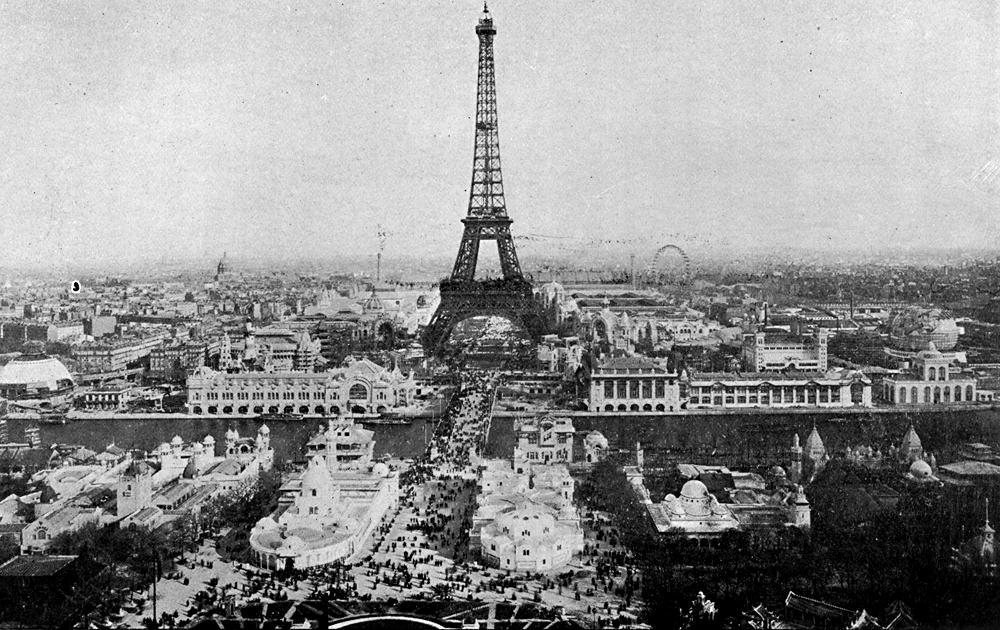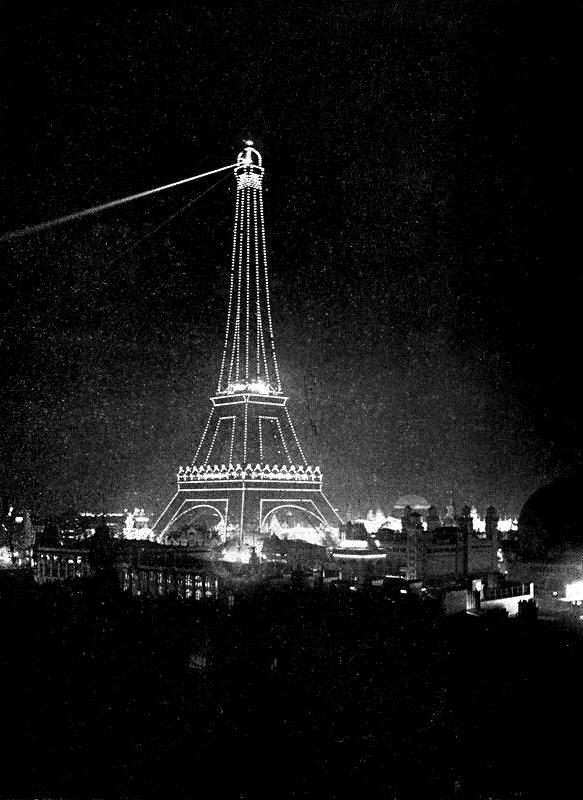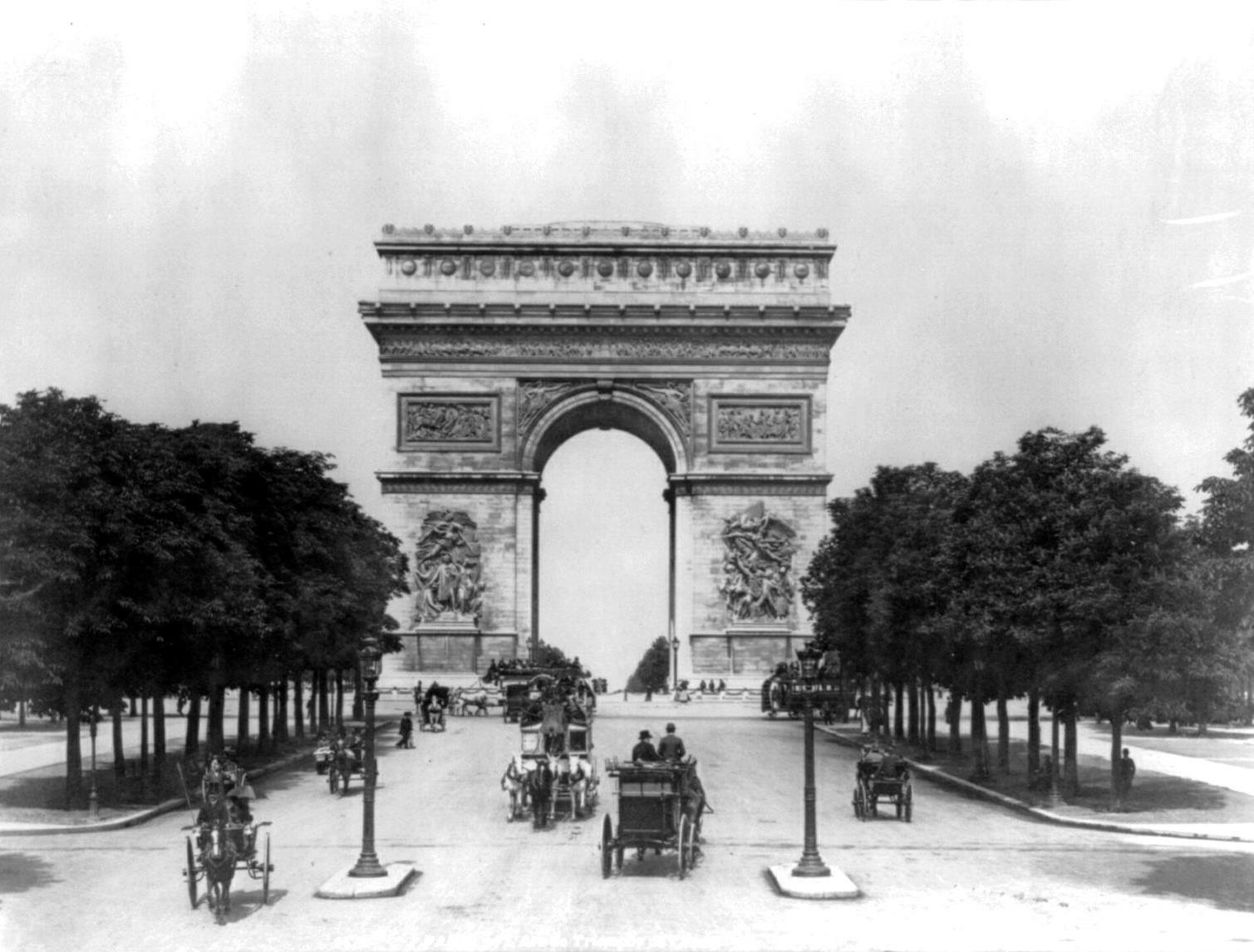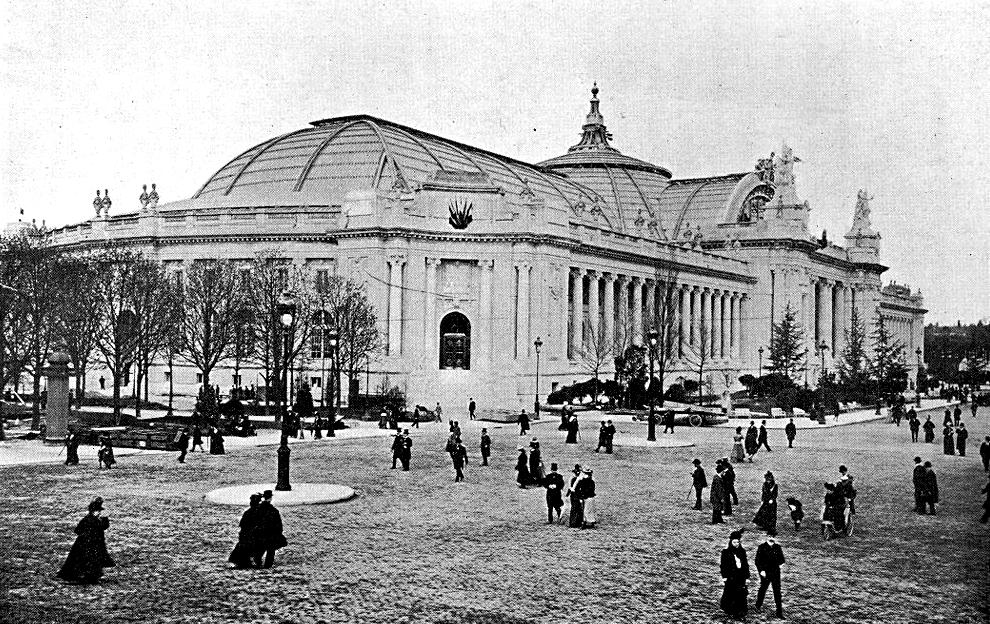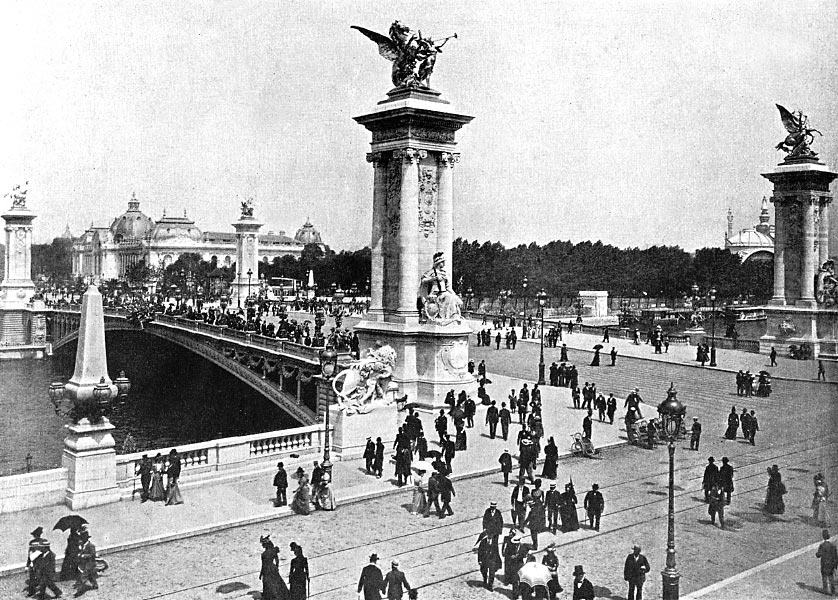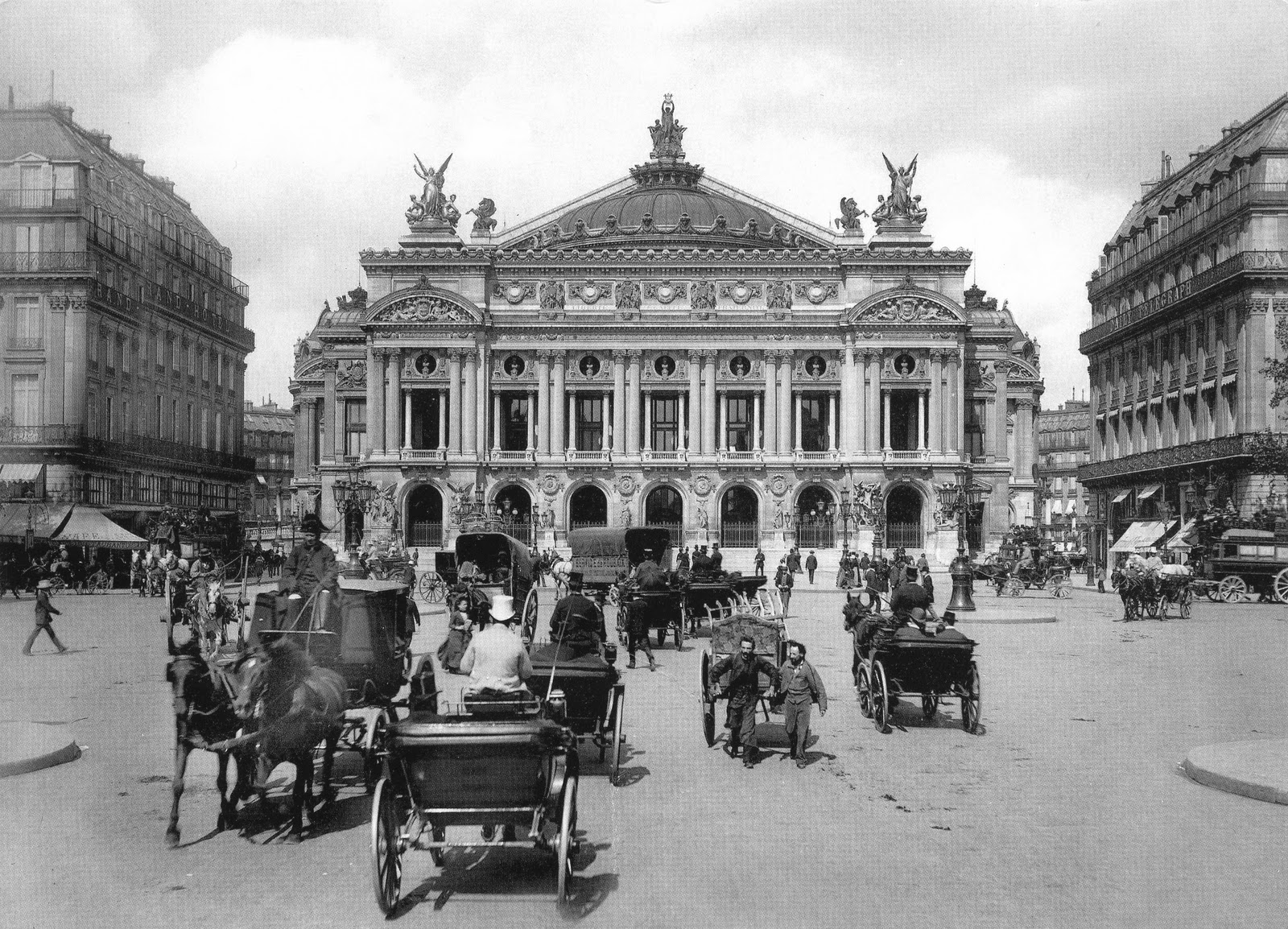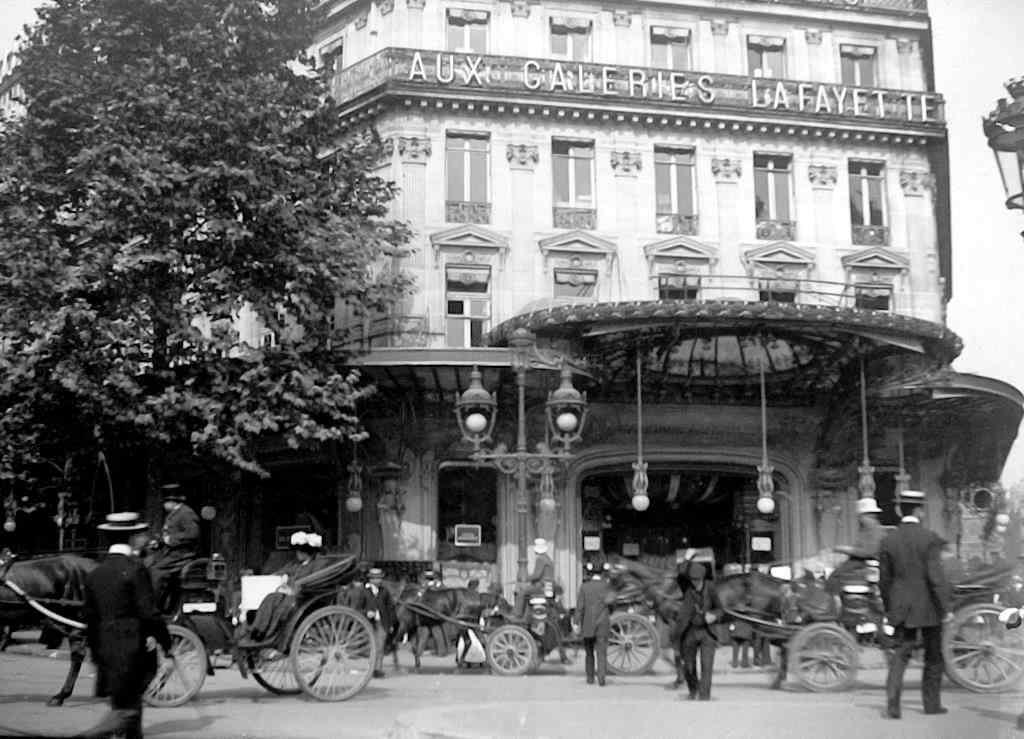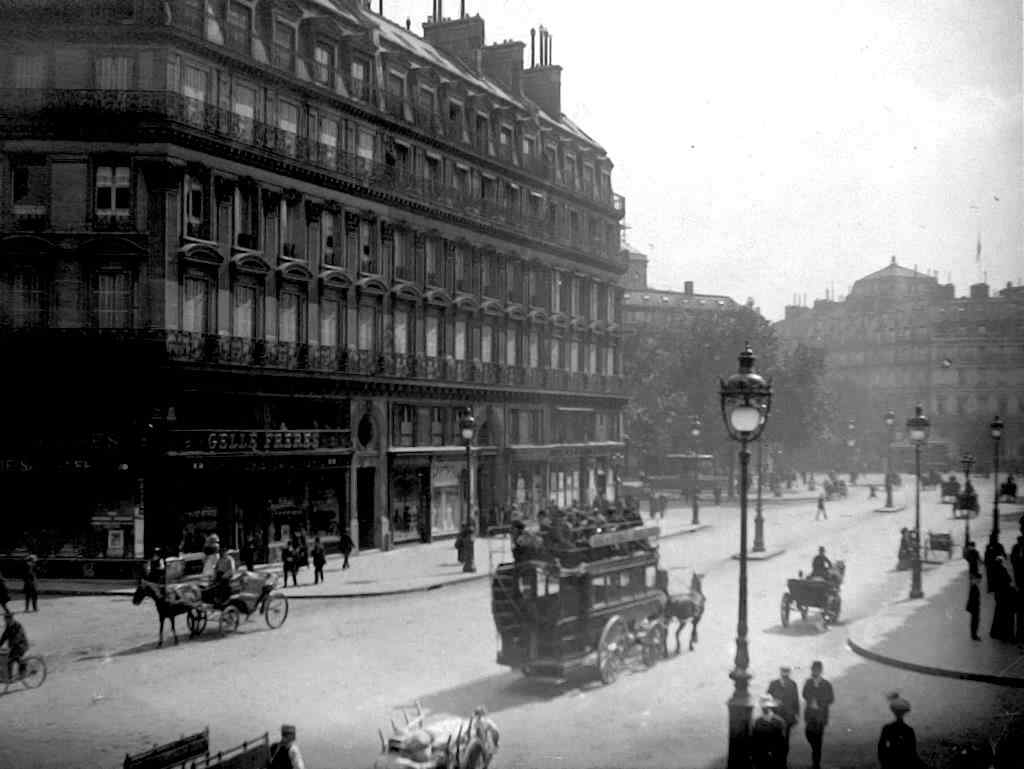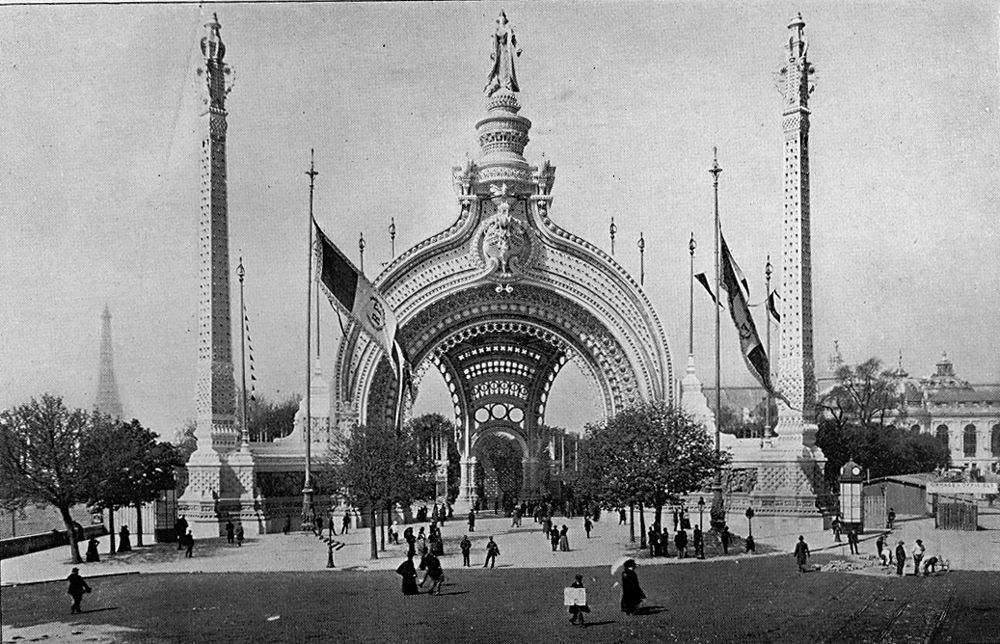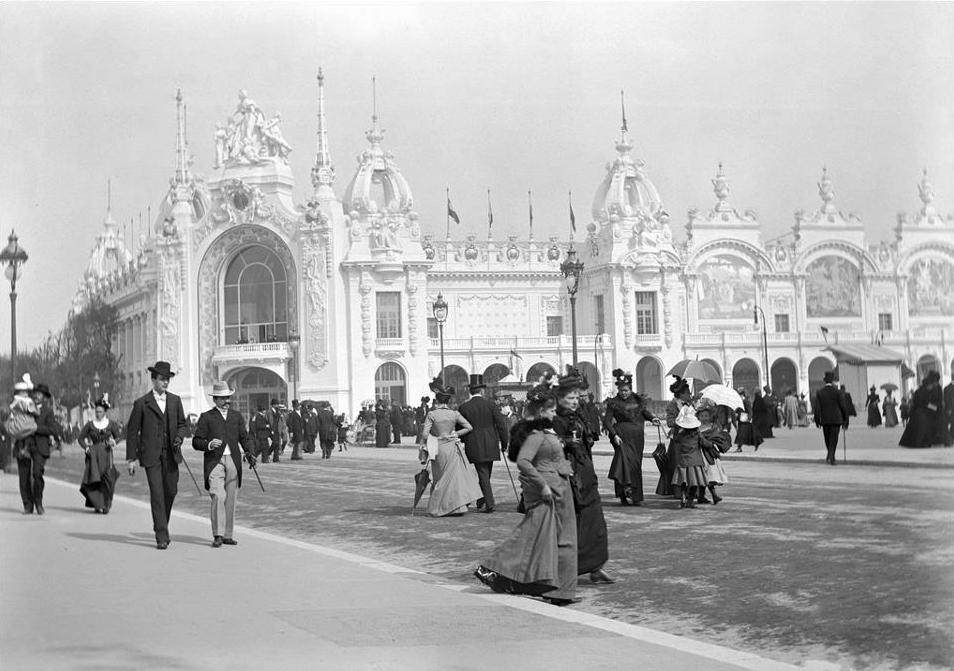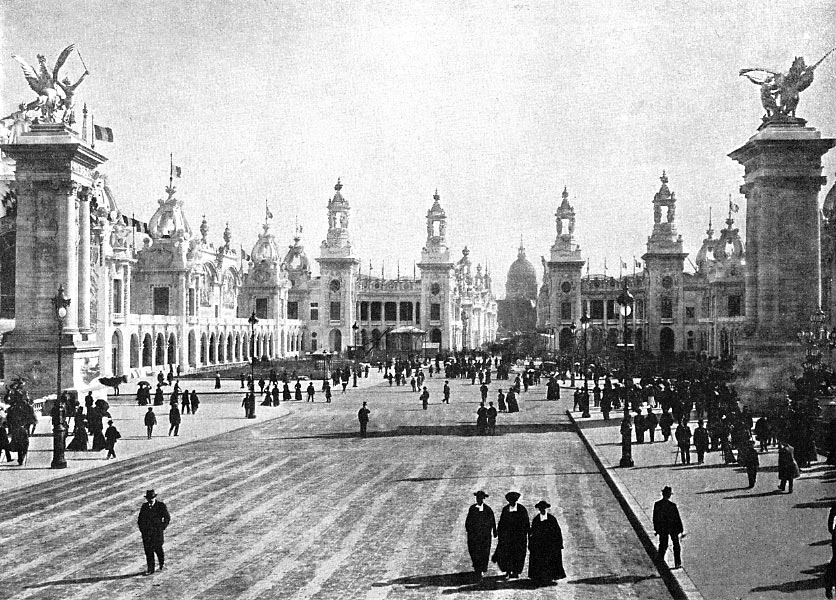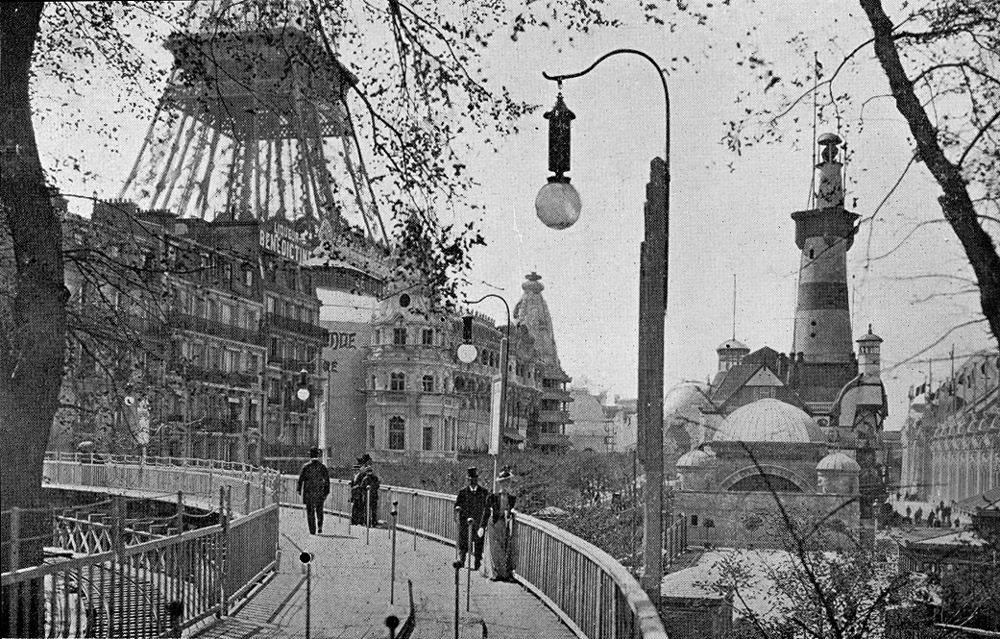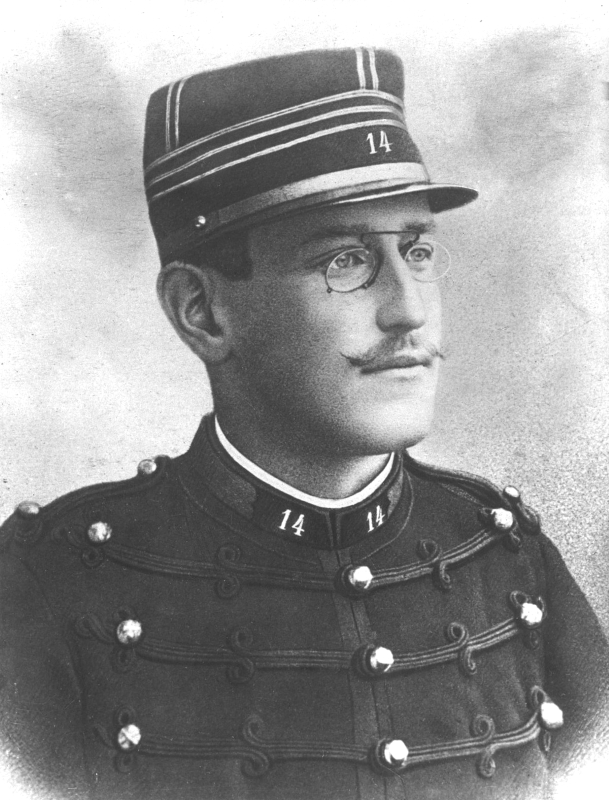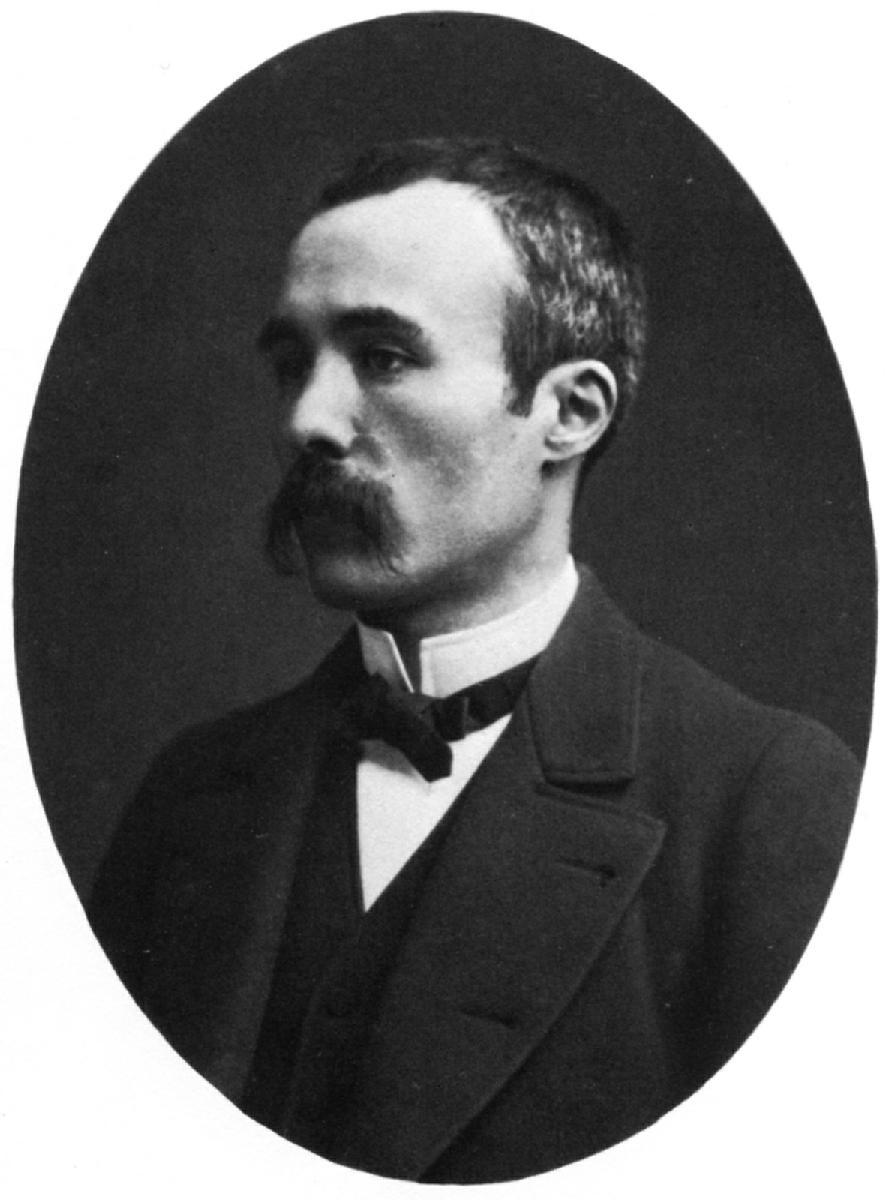12. GLORY

THE LAST DAYS OF THE GILDED AGE
FRANCE

THE LAST DAYS OF THE GILDED AGE
FRANCE
 The glory of Paris in the "Belle Époque"
The glory of Paris in the "Belle Époque"
 The Boulanger Affair (1888-1889)
The Boulanger Affair (1888-1889)
 The Dreyfus Affair (1894-1906)
The Dreyfus Affair (1894-1906)
 French political leadership in the early
French political leadership in the early
1900s
The textual material on page below is drawn directly from my work
A Moral History of Western Society © 2024, Volume Two, pages 45-47.
THE GLORY OF PARIS IN THE "BELLE ÉPOQUE" |
| Without a question, Paris during this period was
by far the most glamorous, most sophisticated, most artistic city ...
not only in Europe but also the world. The city attracted
writers, artists, musicians from all over Europe. Of a huge
impact on the world of art were such French artists as Manet, Monet,
Renoir, Degas, Pissarro, Morisot, Seurat, Cézanne, Gaugin,
Toulouse-Lautrec, etc. And artists of other countries flocked to
France to be part of the dynamic … Van Gogh (Dutch), Cassatt (American)
etc. Paris's shops sold the finest clothing, perfumes, jewelry
and other refinements … and its restaurants offered world-famous foods
and wines – as did other towns in France. But therein lay a major economic problem for France. At a time when the industrial age was turning countries such as England, Germany, and the United States into superpowers ... France was still producing only small-scale – often only hand crafted – refinements. They were of a superior quality to be sure. But the days of mass production were overtaking such economic traditions and France would find itself left behind in the rapid growth of the economies of its fast-rising competitors. The Franco-Prussian war had demonstrated this clearly. Yet France was not of a mood to make such an economic shift. It was proud of its cultural achievements. But these achievements would not be enough to protect France in the days ahead. |
|
How
blissful life seems in beautiful Paris.
Everything about life seems to bear witness to the European testimony that in their very culture and its strong (even dominant) ways they have discovered the key to civilization ... for all people (including Asians and Africans) and for all times. The world's future under European cultural dominance looks utopian. Little do the French (and other Europeans) realize that all of this is going to come to an horrific end in less than 15 years and that an unbelievable, self-created nightmare will replace this state of bliss ... as Europeans go off to war against each other. |
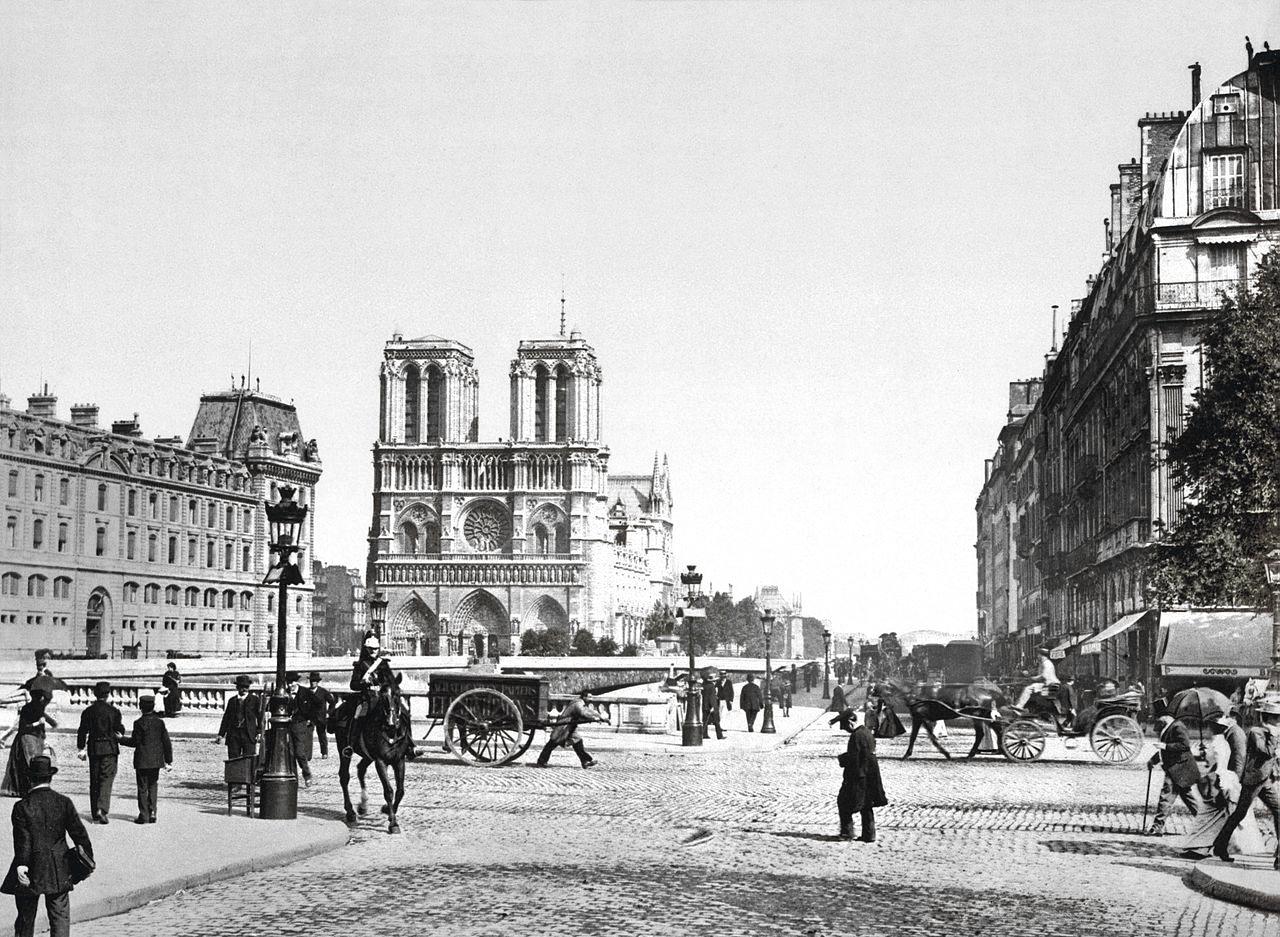
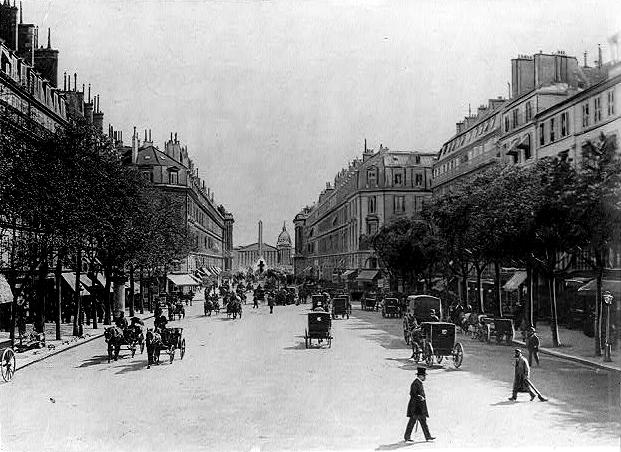
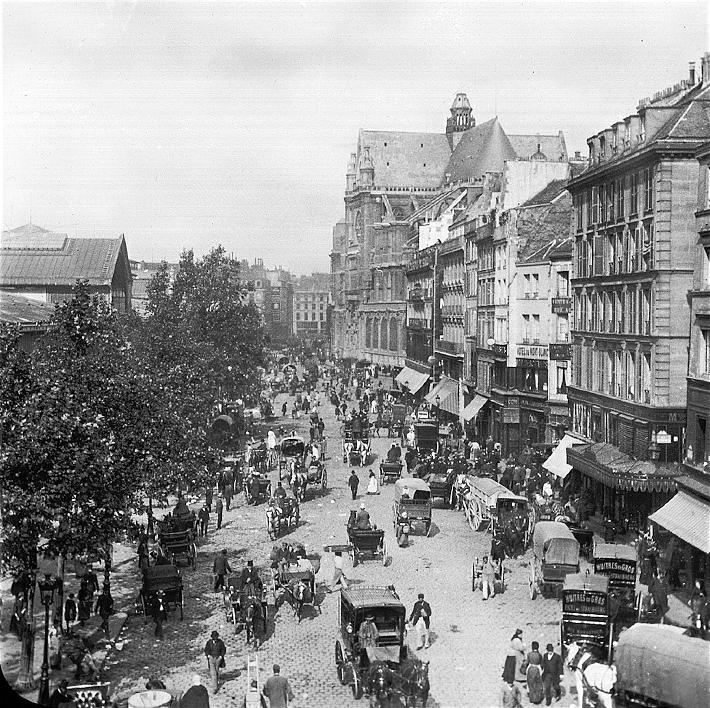
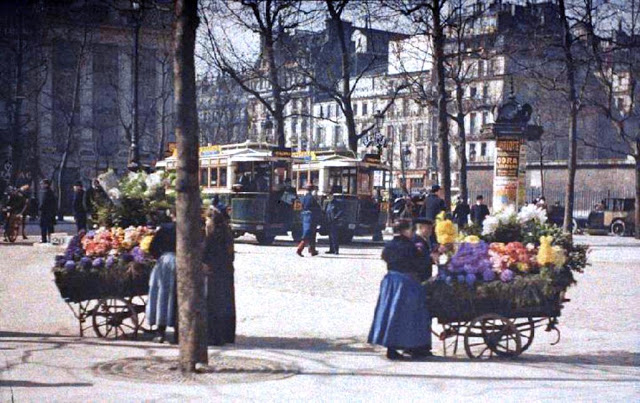
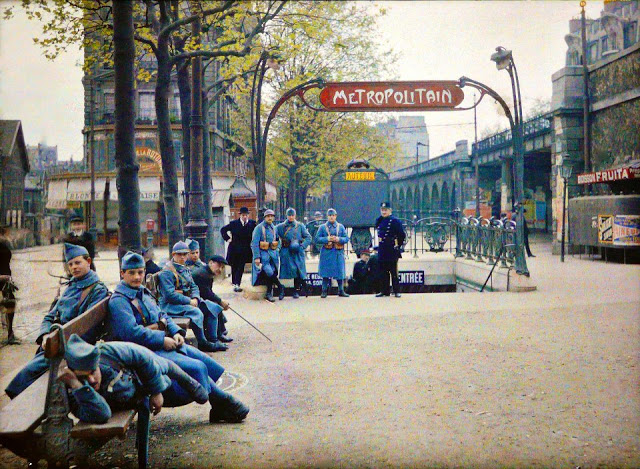
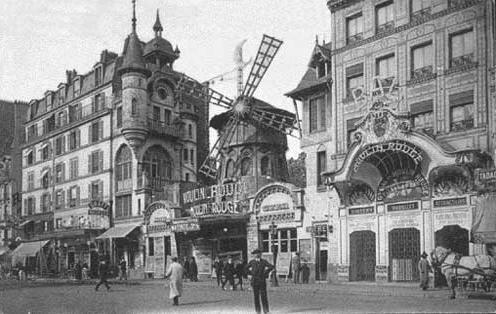
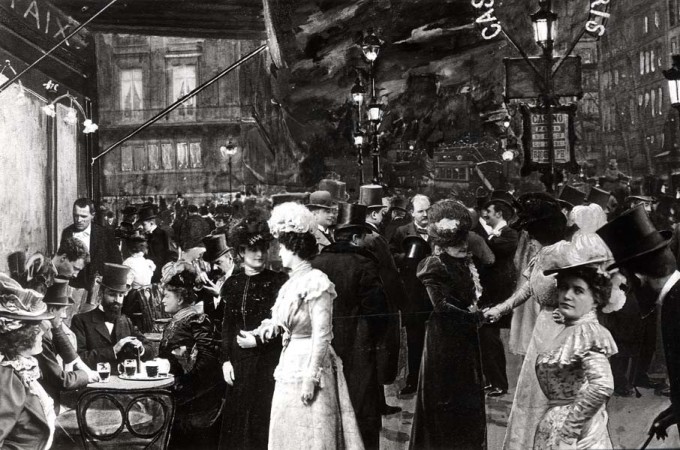
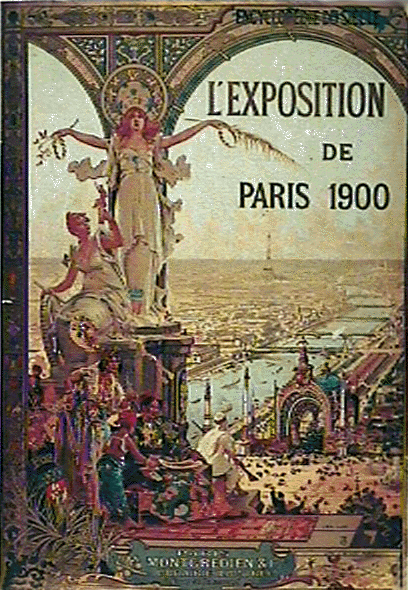
THE BOULANGER AFFAIR (1888-1889) |
| A number of major crises would
hit the new republic during those times. The French were angry
over the loss of the eastern provinces of Alsace and Lorraine to the
Germans ... and eventually these sentiments seemed to draw forward a
charismatic French general Boulanger, in whom many French placed their
hope for something of a military revival, Napoleon-style ... even a
political coup d’état or takeover of the government in order to get
things rolling. But charismatic did not mean courageous ... and when it became apparent that he was being pushed up against a strong set of resistant leaders, Boulanger lost his nerve and fled to Belgium (where he committed suicide). |
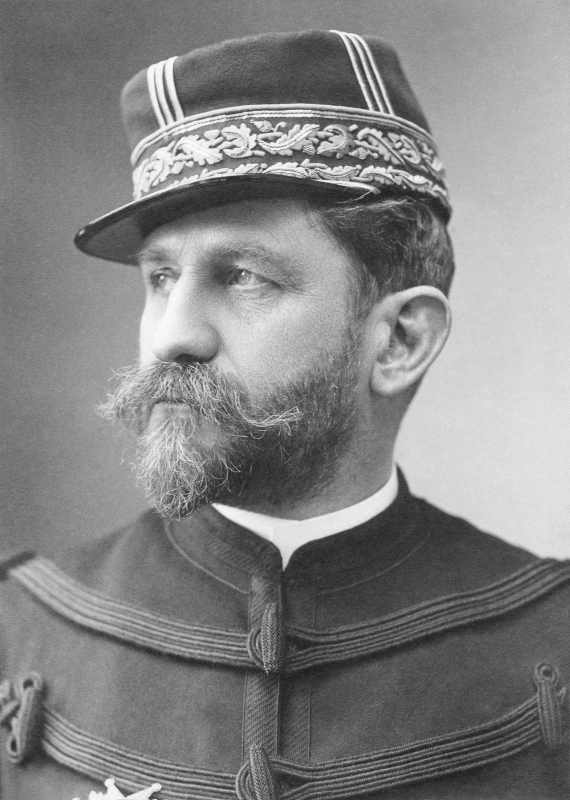
THE DREYFUS AFFAIR (1894-1906) |
| Among the many other issues which
stirred troubles within the political circles of France, the biggest
and most persistent was the case of the Jewish French military officer
Alfred Dreyfus, accused of handing over to the Germans secret documents
concerning France’s military defense position. The evidence was
sketchy and clearly biased by a mood of anti-Semitism. But
Captain Dreyfus nobly held his composure during the humiliating trial
and sentencing, never wavering from his claim of innocence. When he was sent off to solitary confinement in the French penal colony of Devil’s Island (French Guiana, South America) the affair plunged France into a deep dispute, republicans generally in strong support of Dreyfus and the monarchists in opposition. Republican charges of anti-Semitism ... and monarchist (and Catholic) charges of Jewish money involvement ... were flung back and forth. Rumors (later proved to be true) began to appear that the military knew that someone else was guilty but was unwilling to reopen the case. At this point the famous French author Zola wrote a strong defense of Dreyfus ... earning Zola a sentence of a year in jail (which he avoided with his escape to England!). Indeed at this point everyone was talking about the case. Soon French governments were rising and falling over the issue. In 1899 Dreyfus was brought back to France, tried and again found guilty ... but then given a full pardon ... though not a reversal of the "guilty" verdict ... which ultimately satisfied none of the "Dreyfusards" (numerous authors, journalists and politicians of the "Left"). Finally in 1906, after much further digging into the evidence, he was found to be innocent of all charges and reinstated with the rank of major and awarded membership in the Legion of Honour. Thus it was that France was able to put behind it an affair that had torn at the heart of French politics for over a full decade. But the Dreyfus Affair had achieved one distinct outcome: French monarchism, coupled with an intensely reactionary Catholic-French nationalism, was greatly reduced in stature and influence ... and French republicanism, with socialist and internationalist instincts, was in the same measure greatly strengthened. This controversy thus launched the career of the Socialist leader Jean Jaurès and led to the creation of the large French Socialist Party and the huge French trade union (the SFIO) It also inspired the Austrian journalist Theodor Herzl, who had been present at Dreyfus’ sentencing in 1895, to move from his advocacy of Jewish assimilation into Gentile society ... to the advocacy of the creation of a Jewish homeland in the biblical territory of Israel, where Jews could gather in order to get away from the strong anti-Semitism that seemed to threaten Jews constantly wherever they found themselves. Thus out of the Dreyfus Affair Zionism was born. |
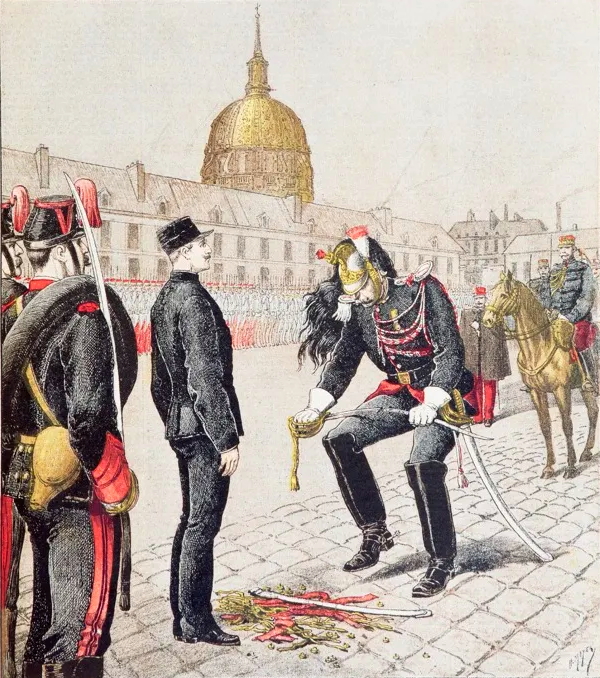
Bibliothèque de l'Assemblée nationale
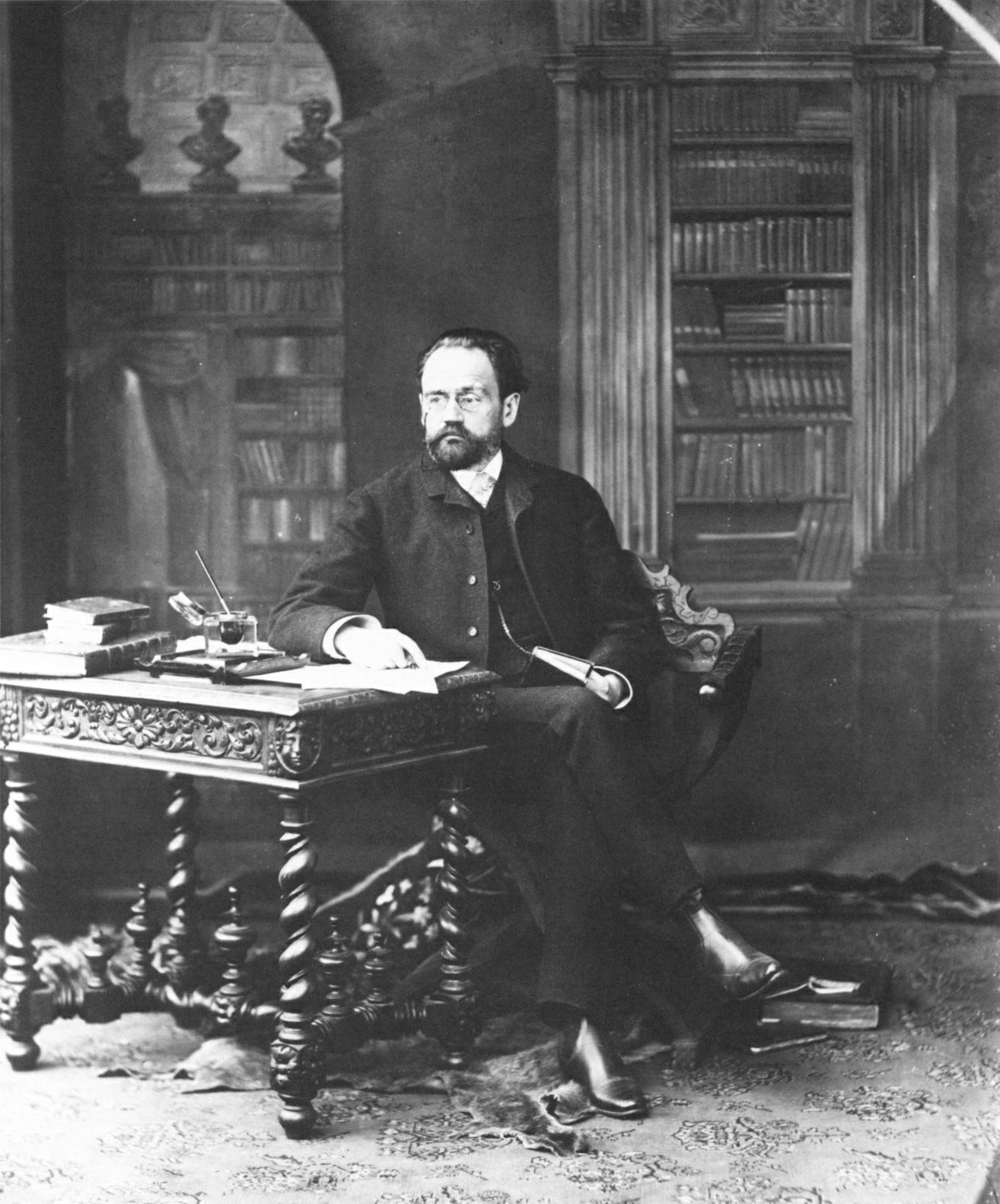
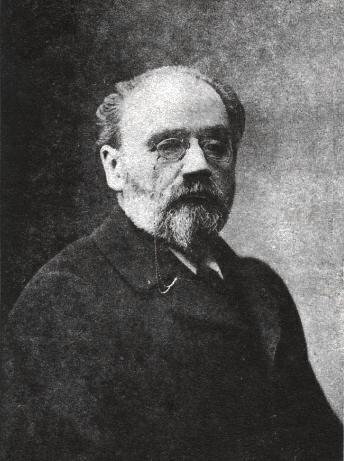
FRENCH POLITICAL LEADERSHIP IN THE EARLY 1900s |
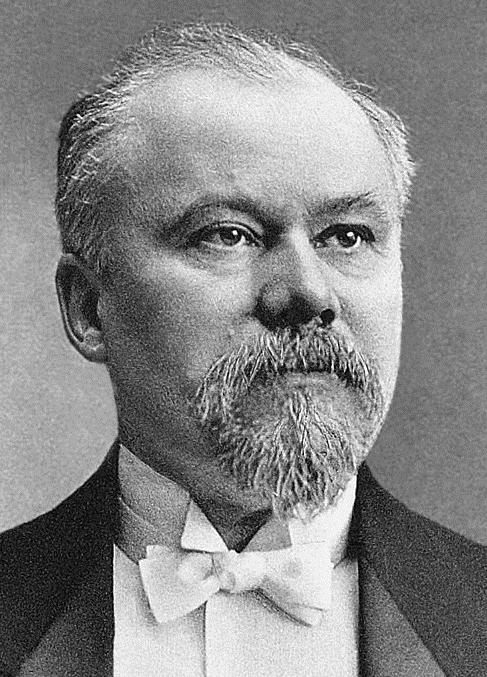
Wikipedia - "Raymond Poincaré"
and Prime Minister of France – 1906-1909 and 1917-1920
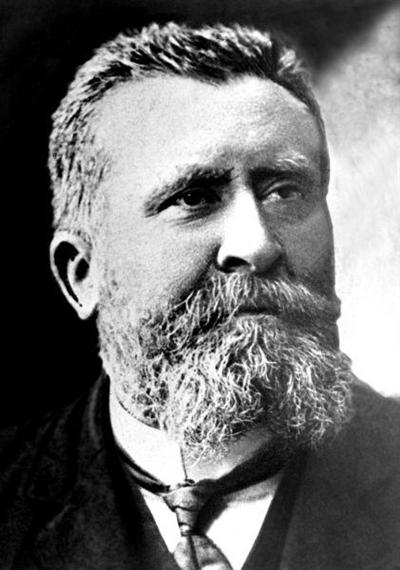
(an anti-militarist who opposed France's entry in World War One and was assassinated in July of 1914 for his stance on the issue)

Go on to the next section: Germany


